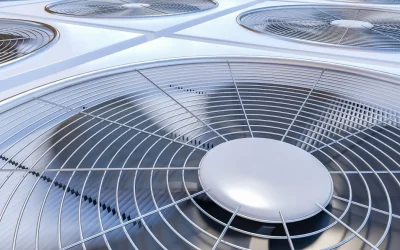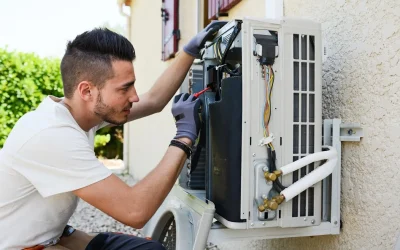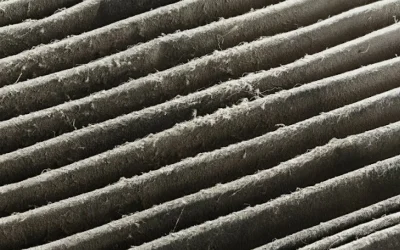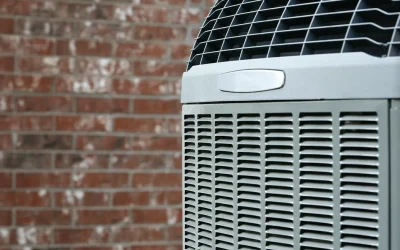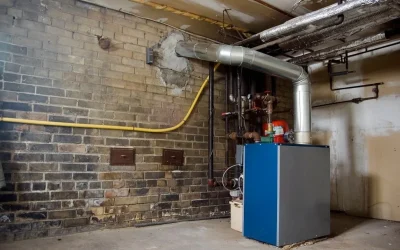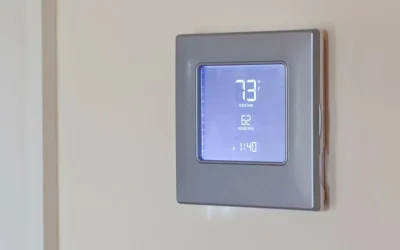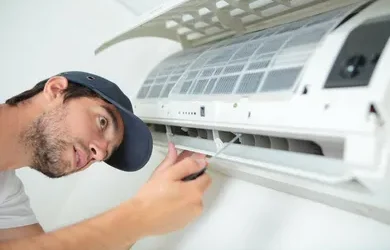The average lifespan for a furnace is 15 to 20 years, but neglected heating systems break down before reaching their life expectancy. When 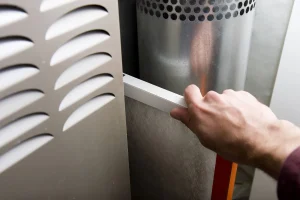 you take good care of your furnace, it keeps your family comfortable for many years. Discover five tips to keep your furnace running for its entire expected lifespan.
you take good care of your furnace, it keeps your family comfortable for many years. Discover five tips to keep your furnace running for its entire expected lifespan.
1. Get Professional Installation
Proper installation is the most crucial way to extend your heating system’s lifespan. A heating contractor properly designs, sizes, and seals the ductwork to minimize heat loss and enhance efficiency. The expert also correctly installs fuel lines and drainage systems to keep your heating system running optimally.
2. Change the Filter
Many homeowners ignore the filter, but this small piece of equipment contributes immensely to your furnace’s operations. The outside air circulating your HVAC system contains dust, pollen, mold, and other pollutants which are trapped by the air filter.
Over time, the filter becomes clogged, forcing your furnace to work harder. In addition, dust settles on internal elements, causes malfunctions, and adds to repair costs. An overworked furnace malfunctions prematurely and leads you to buy another heating system unexpectedly.
The frequency of filter changes depends on the level of contamination in your location and the number of family members with allergies. You may need to replace the filter monthly if you have many pets or have household members who smoke.
3. Upgrade to a Programmable Thermostat
If your furnace runs when you aren’t home, you are wasting energy and placing extra strain on the heating system. A programmable thermostat lets you adjust thermostat settings depending on your family’s lifestyle.
If you want to alter temperature settings from your phone, get a smart thermostat, which enables remote control from anywhere. Over time, the thermostat learns your daily habits and recommends adjustments to save energy.
If you have a traditional thermostat, simple adjustments can significantly affect your furnace’s performance. Too high or low settings strain the heating system, and you want to set your thermostat at 68 degrees Fahrenheit in winter, as recommended by the Department of Energy. This setting offers maximum comfort and energy efficiency without straining the furnace.
4. Seal Air Leaks and Add Insulation
If your home has leaks around windows and doors, a lot of heated air will escape, leaving the heating system to work harder to attain the desired temperature. So, go through your home from the attic to the basement as you identify and seal any air leaks.
Insulation keeps heated air inside your home and prevents the furnace from running when it doesn’t need to. Insulate the wall cavities, attic, and basement, and check the insulation often because pest activity can leave gaps that leave your home vulnerable to temperature changes.
5. Schedule Routine Maintenance
Many people assume that their heating systems are in good condition if they don’t see any glaring issues. However, your furnace has many working components, and minor issues often become costly problems if left unchecked.
The best time to arrange furnace maintenance is late summer or early fall to ensure it works properly before winter kicks in. A heating professional thoroughly inspects your furnace unit, lubricates moving parts, replaces filters, evaluates the heating exchanger for cracks, and cleans the condenser, among other tune-ups. As a result, your heating system works more efficiently and lasts longer.
You should address repair issues promptly if you notice uneven heating, loud noises, odd smells, and other unusual problems. You may ignore such issues to save money, but they end up costing you a lot in replacement expenses.
The life expectancy of your furnace depends on many factors, including how frequently you change your filters and schedule maintenance and whether you ignore warning signs. Our installation and repair services at Triangle Heating & Cooling extend your heating system’s lifetime and keep your family comfortable for longer. Contact us today for prompt furnace services.


